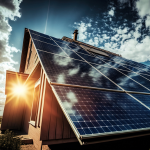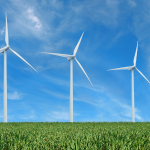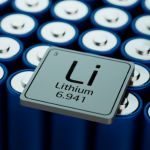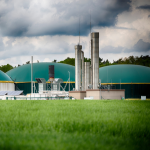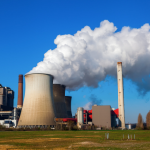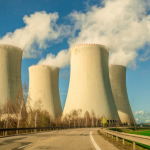Learn Everything About Clean Energy & More!
Check out our free energy glossaries and learn everything related to yoga!
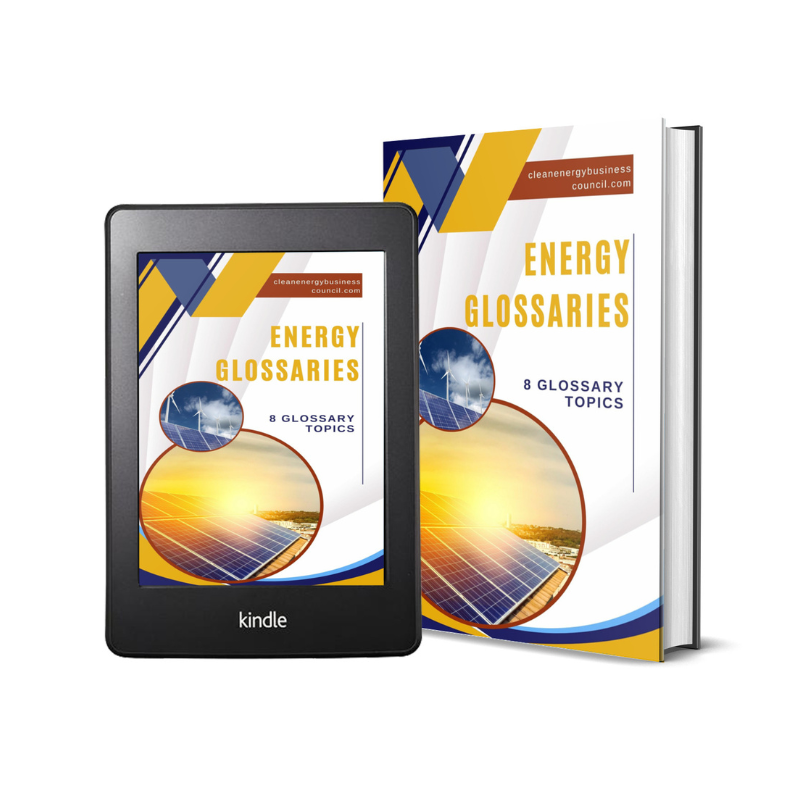
Energy Glossaries
Some Recent Energy Glossary Articles
Shale Gas – Definition & Detailed Explanation – Fossil Fuels Glossary Terms
I. What is Shale Gas? Shale gas is a type of natural gas that is found trapped within shale rock formations deep underground. It is a fossil fuel that is composed primarily of methane, along with small amounts of other hydrocarbons such as ethane, propane, and butane. Shale gas has become an increasingly important source … Read more
Energy Yield Assessment – Definition & Detailed Explanation – Wind Energy Glossary Terms
I. What is Energy Yield Assessment? Energy Yield Assessment is the process of estimating the amount of energy that can be generated by a renewable energy source, such as wind or solar power, at a specific location. This assessment is crucial for determining the feasibility and potential profitability of a renewable energy project. By analyzing … Read more
Deep Geothermal Energy – Definition & Detailed Explanation – Geothermal Energy Glossary Terms
I. What is Deep Geothermal Energy? Deep geothermal energy, also known as enhanced geothermal systems (EGS), is a type of renewable energy that harnesses the heat stored deep within the Earth’s crust to generate electricity. Unlike traditional geothermal energy, which relies on naturally occurring hot water and steam near the Earth’s surface, deep geothermal energy … Read more
Gas Futures – Definition & Detailed Explanation – Fossil Fuels Glossary Terms
Gas futures are a type of financial derivative that allows investors to speculate on the future price of natural gas. These contracts are traded on various exchanges and provide a way for market participants to hedge against price fluctuations in the natural gas market. In this article, we will explore what gas futures are, how … Read more
Equinox – Definition & Detailed Explanation – Solar Energy Glossary Terms
I. What is Equinox? The equinox is an astronomical event that occurs twice a year when the sun crosses the celestial equator, resulting in equal lengths of day and night. There are two equinoxes annually, the vernal equinox in March and the autumnal equinox in September. During these times, the tilt of the Earth’s axis … Read more
Nuclear Fuel Management – Definition & Detailed Explanation – Nuclear Energy Glossary Terms
I. What is Nuclear Fuel Management? Nuclear fuel management refers to the process of handling, storing, and disposing of nuclear fuel used in nuclear power plants. It involves ensuring the safe and efficient use of nuclear fuel throughout its lifecycle, from production to disposal. Proper nuclear fuel management is crucial to maintaining the safety and … Read more
Biomass Syngas Combustion – Definition & Detailed Explanation – Biomass Energy Glossary Terms
I. What is Biomass Syngas Combustion? Biomass syngas combustion is a process that involves converting biomass, such as wood, agricultural residues, and organic waste, into a synthetic gas known as syngas. Syngas is a mixture of carbon monoxide, hydrogen, and other gases that can be used as a fuel for combustion processes. Biomass syngas combustion … Read more
Biomass Emissions – Definition & Detailed Explanation – Biomass Energy Glossary Terms
I. What is Biomass Emissions? Biomass emissions refer to the release of greenhouse gases and other pollutants into the atmosphere as a result of burning organic materials such as wood, crop residues, and animal waste. These emissions contribute to air pollution and climate change, making them a significant environmental concern. Biomass emissions are a byproduct … Read more
Biomass Energy Investment – Definition & Detailed Explanation – Biomass Energy Glossary Terms
I. What is Biomass Energy Investment? Biomass energy investment refers to the financial support provided to projects that generate energy from organic materials such as wood, crops, or waste. This type of investment is considered a sustainable and renewable energy source, as biomass can be replenished through natural processes. Biomass energy investment plays a crucial … Read more
Blade Element Momentum Theory – Definition & Detailed Explanation – Wind Energy Glossary Terms
I. What is Blade Element Momentum Theory? Blade Element Momentum Theory is a mathematical model used to predict the performance of wind turbines. It is based on the principles of aerodynamics and fluid dynamics and is commonly used in the design and analysis of wind turbine blades. The theory breaks down the blade into small … Read more
